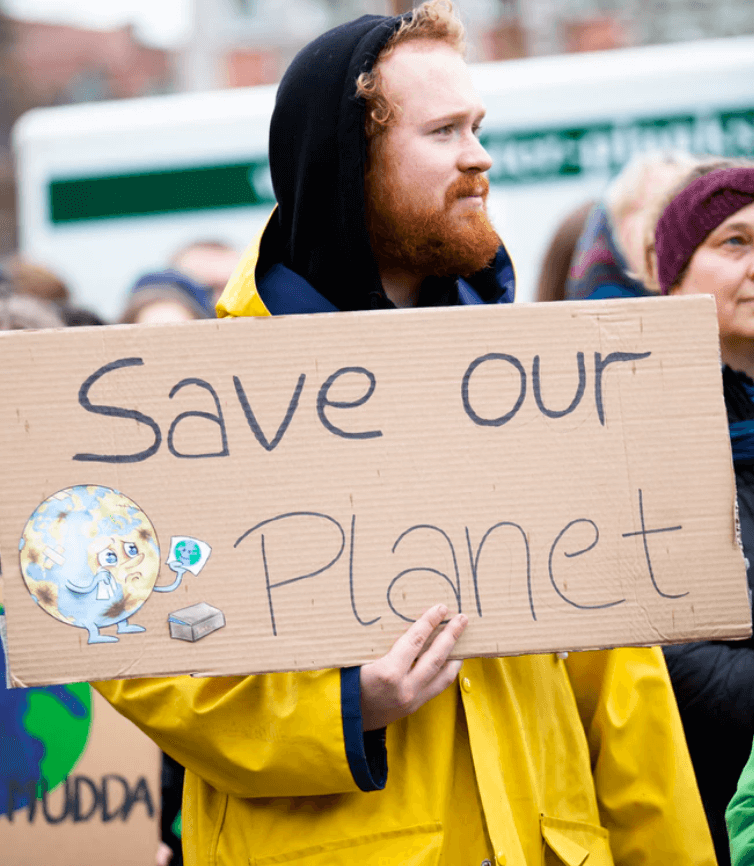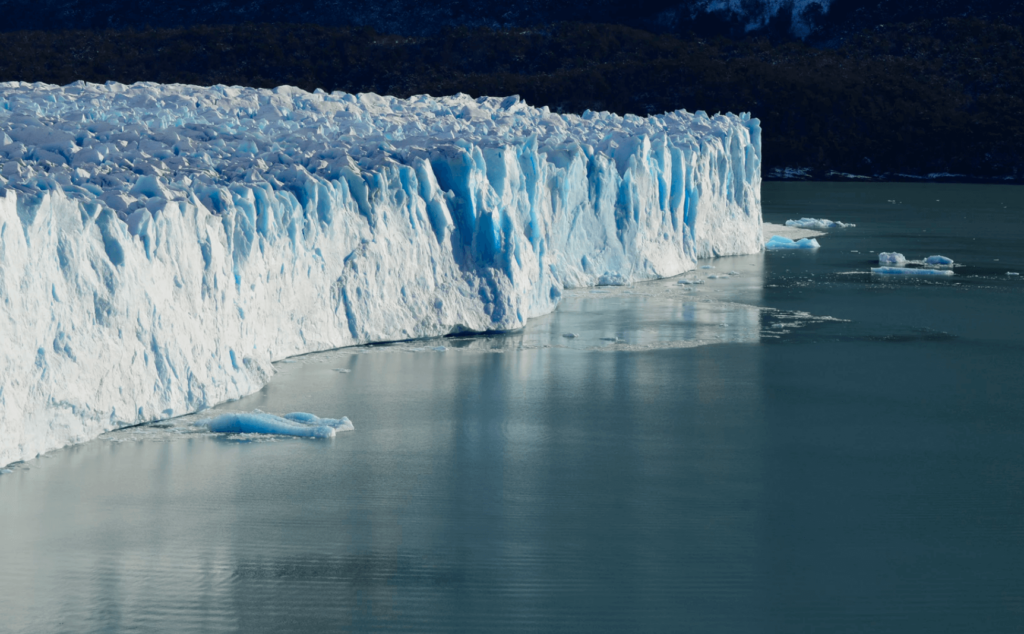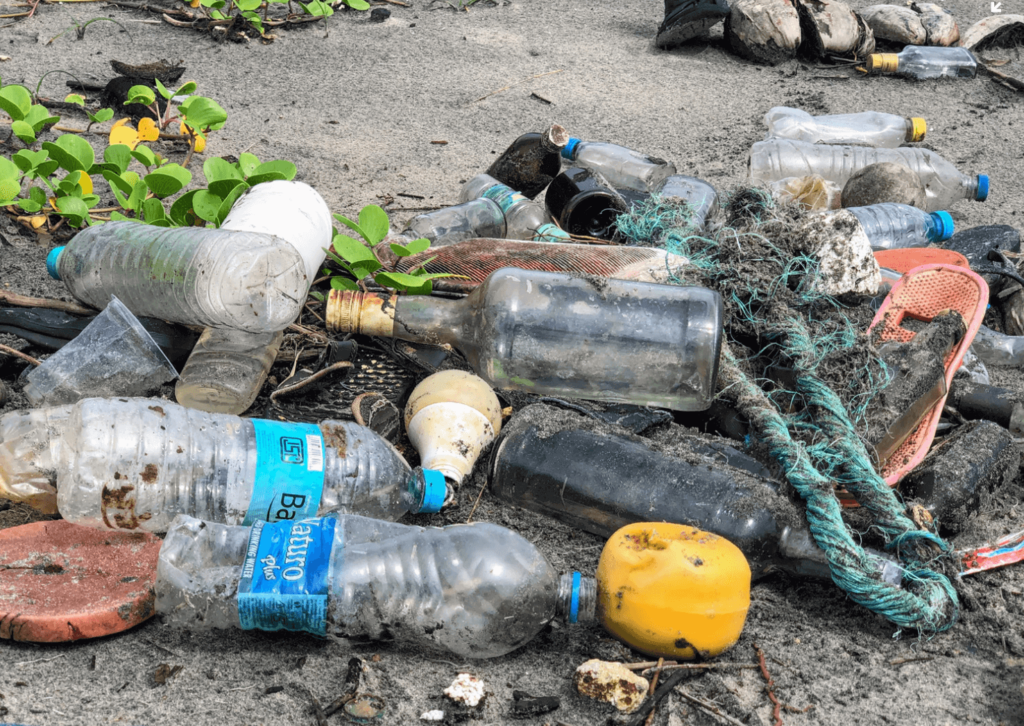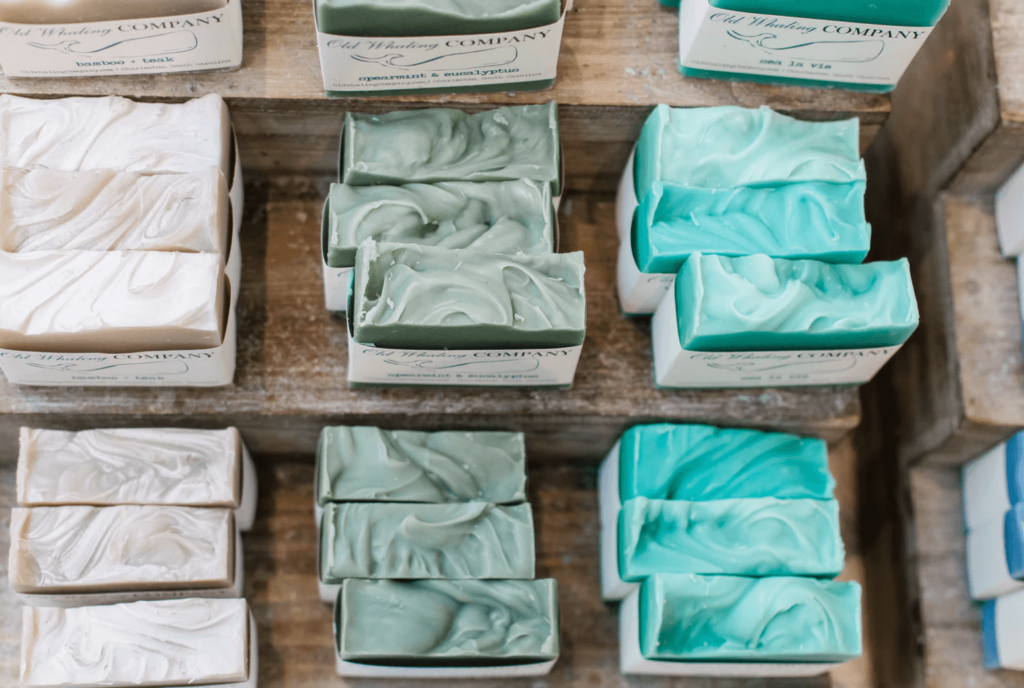With all the recent headlines about climate change, it is not surprising that a growing number of people are struggling with a fear for the future of our world, so much so that it is beginning to affect our mental health.
But what exactly is eco-anxiety – and what can we do to combat it?
I had my first real taste of eco-anxiety recently.
A physical reaction in the pit of my stomach as I read the transcript from Greta Thunberg’s speech to MPs in the Houses of Parliament in April.
There was a sense of urgency: we need to act NOW!
Frustration that the necessary changes are coming way too slowly.
Despair at the enormity of the challenge ahead and how impossible it seems.
And, finally, there was sadness.
Sadness for this sixteen-year old girl who is battling for action.
Sadness for my children and their generation as I wondered what the world was going to be like for them. I cried.
That’s a lot to process in response to just one speech.
It is not just one speech, though. We are suddenly seeing warnings like this everywhere we look.

New headlines every day about climate change, the state of our oceans, animals threatened with extinction, environmental disasters… A UN-commissioned special report on global warming in 2018 called for ‘unprecedented changes’, while our social media newsfeeds are full of grim reminders.
Those emotions I felt reading Greta’s impassioned plea are not new to me. But it was probably the first time that I felt overtaken by them. Even as I wrote the words above just now, I could feel that fluttering of panic.
It turns out that I am not alone.
Perhaps unsurprisingly given the increasing visibility of the issue, it seems that many of us are struggling with a fear for what the future holds; a future that suddenly isn’t quite as distant as we had previously imagined.
This has become so common that there is now a word for it: ‘eco-anxiety’.
While it has not yet been formally recognised, a quick online search shows that eco-anxiety is on the rise and having a very real effect on people.
Psychology Today provides a definition: “a fairly recent psychological disorder afflicting an increasing number of individuals who worry about the environmental crisis”.
‘Worry’ is a fairly ambiguous word here, and I suspect that eco-anxiety has become an umbrella term, encompassing everything from feeling troubled about the environment to a more serious impact on mental health.
Eco-anxiety can be paralysing, often resulting in a feeling of powerlessness.
I can testify to this.
The more I researched environmental issues, the higher my levels of anxiety became, so my solution was to shut it down.

I stopped reading those articles and switched myself off to a problem that I felt I had very little control over.
This is one way to deal with it but, for me, it was not the answer.
I have two children and, for their sake, I realised that I needed to do something, if only so that I could look them in the eye later in life and say “I did try”.
What, then, can we do to combat eco-anxiety?
For those whose mental health is suffering significantly, it is important to reach out for professional support.
While there is no specific medical advice for eco-anxiety, the NHS provides information on Generalised Anxiety Disorder and when to seek help.
Treatments include Cognitive Behavioural Therapy (a technique that teaches ways to change thought patterns and behaviour), as well as suggestions for self-help, such as making dietary and lifestyle changes.
For others, the best way to beat eco-anxiety may be to take positive action.
Get involved locally
Concentrating our efforts on making a difference in our own community can reduce the sense of overwhelm.
It is always easier to cope with a problem by breaking it down into smaller parts, and your contributions can have a more tangible impact locally.

From participating in litter picking events to joining a campaigning group, there are many opportunities to feel involved and inspired.
Use the power of your purse
In our consumer-orientated society, making changes to what and how we purchase can directly influence companies, who want to protect their profits!
Think before you buy, shop locally when possible, and choose eco-friendly products and ethical businesses, to make sure the money you spend encourages companies to operate sustainably.
Speak out
Write to your local MP to ask them what their party is doing to combat climate change. Sign petitions. Refuse single-use plastic when it is offered to you. Ask your local businesses what they are doing to be more eco-friendly. You may not feel that one lone voice can make much difference – but when lots of us are doing the same, it piles on the pressure for real changes to be made.
Make easy swaps
Yes, the scale of the problem is undeniably daunting.
It can be hard to know what we can do for the best and where to begin making the necessary changes to our lifestyle.
But some action is better than no action; it doesn’t need to be all or nothing.
We are hopefully all getting used to taking our own bags, refillable water bottles and reusable coffee cups out with us. Other small habits and swaps that we can make include:
- Committing to one or two meat-free days a week (the World Meat Free Week website shows the impact this can have on the environment and your health).
- Switching liquid hand soap, shower gels, shampoo, and conditioner for soap bars.

- Using reusable sanitary products; even if only for part of the time, this will save sanitary towels heading to landfill.
- Choosing a green electricity provider or tariff.
- Substituting some of your car journeys for public transport, cycling or walking.
- Of course, the list goes on but search online for ten easy changes you can implement and start working your way through them!
- “Great things are done by a series of small things brought together.”
This quote is attributed to Vincent Van Gogh but seems very relevant to where we are today.
For me, the key to beating eco-anxiety is to be proactive and to allow myself some hope that there are many of us out there who care enough to do the same.